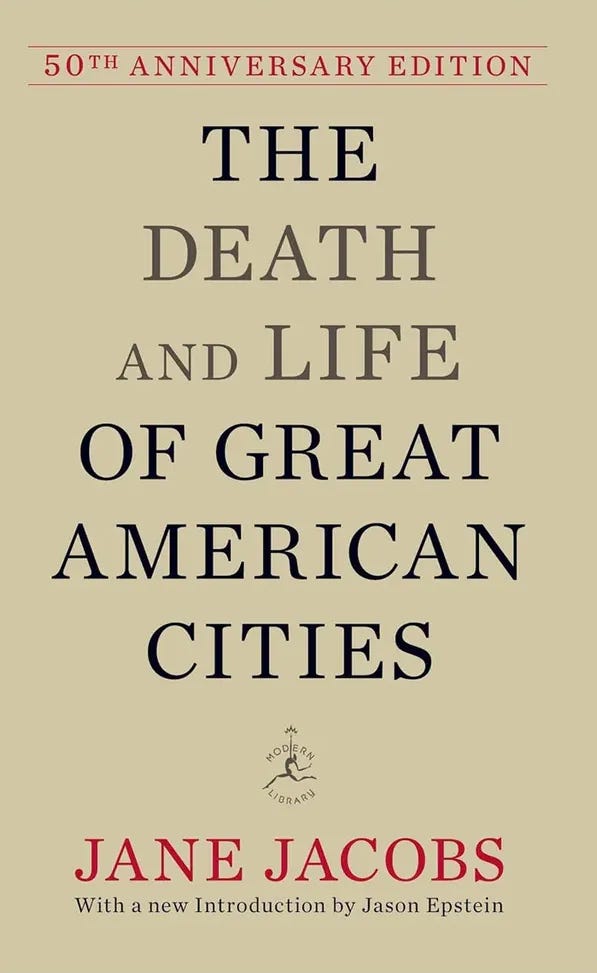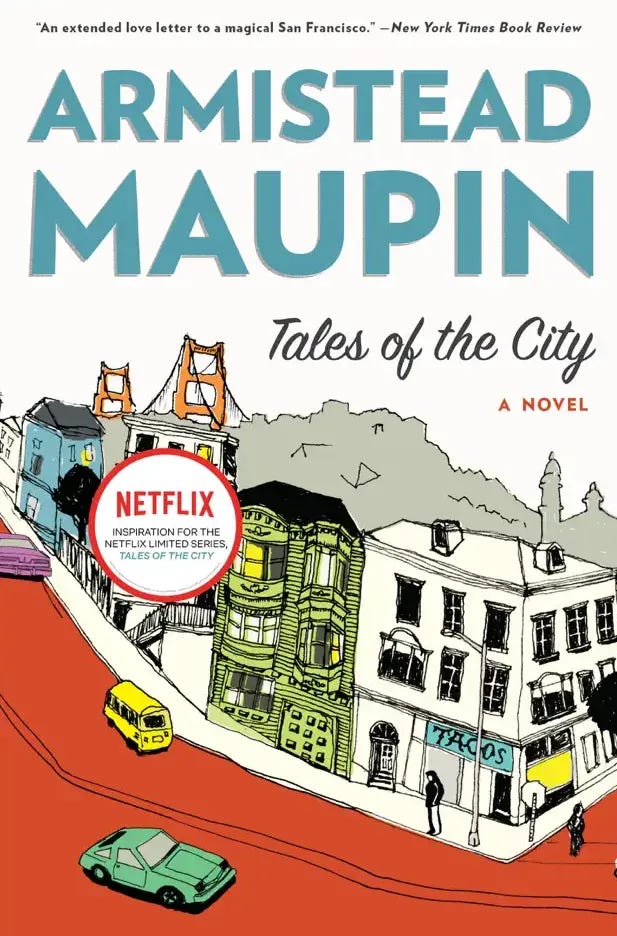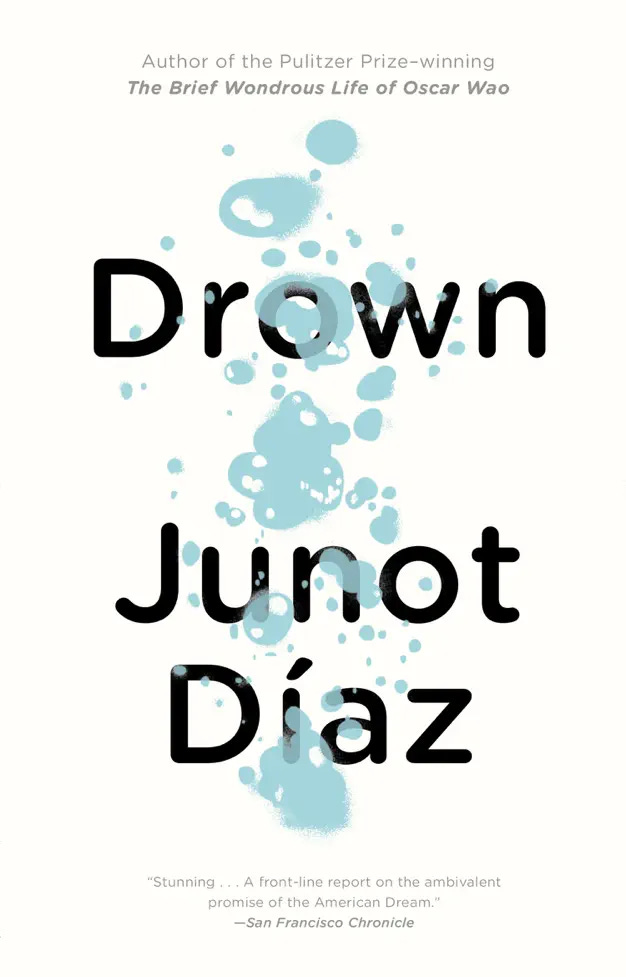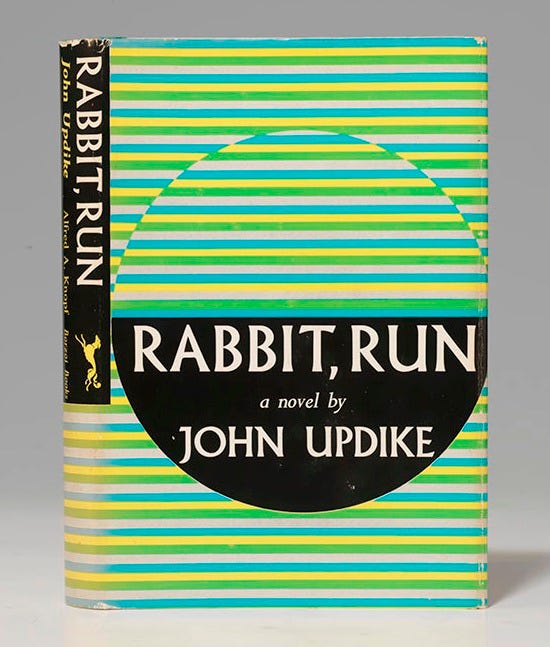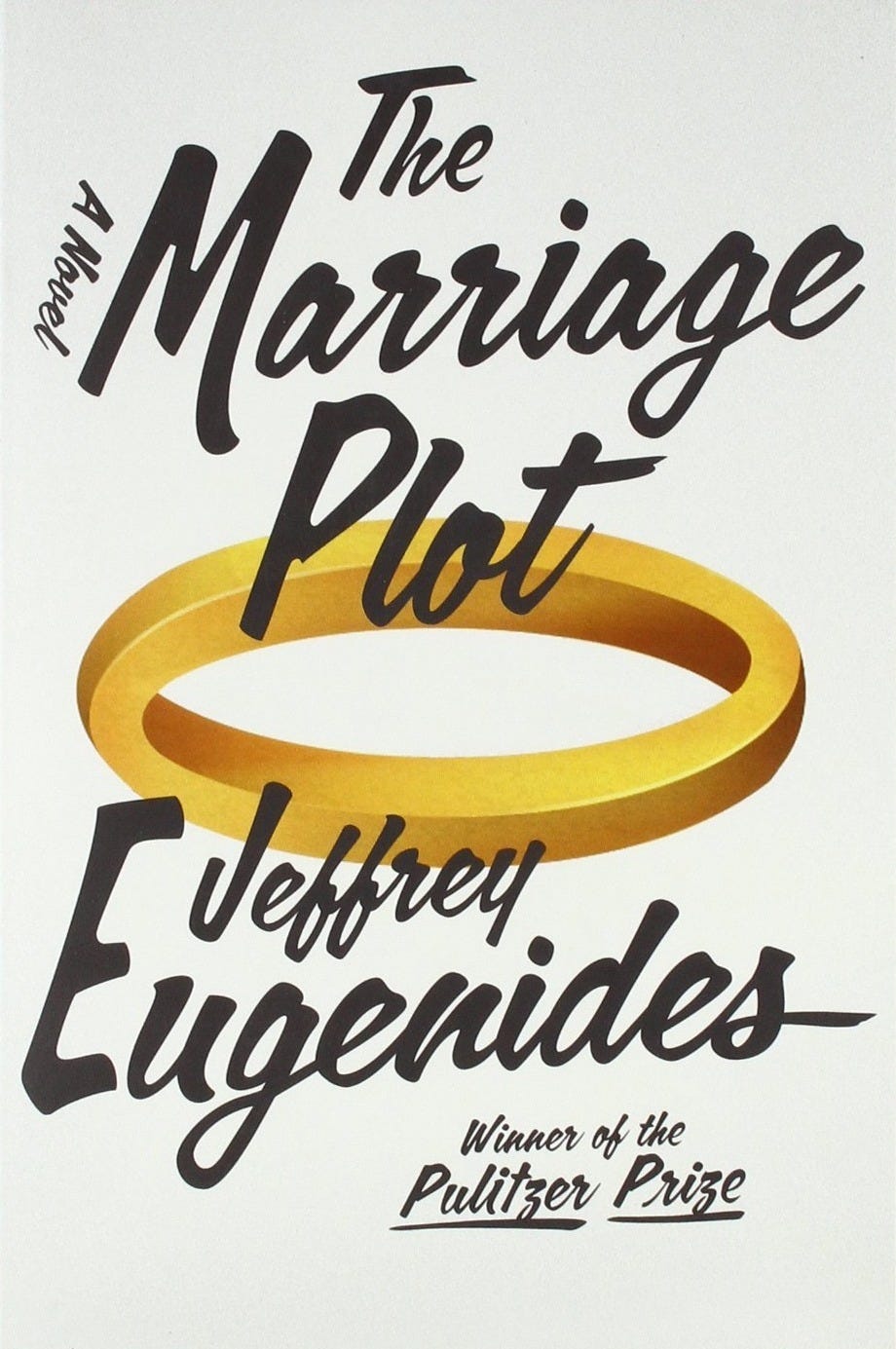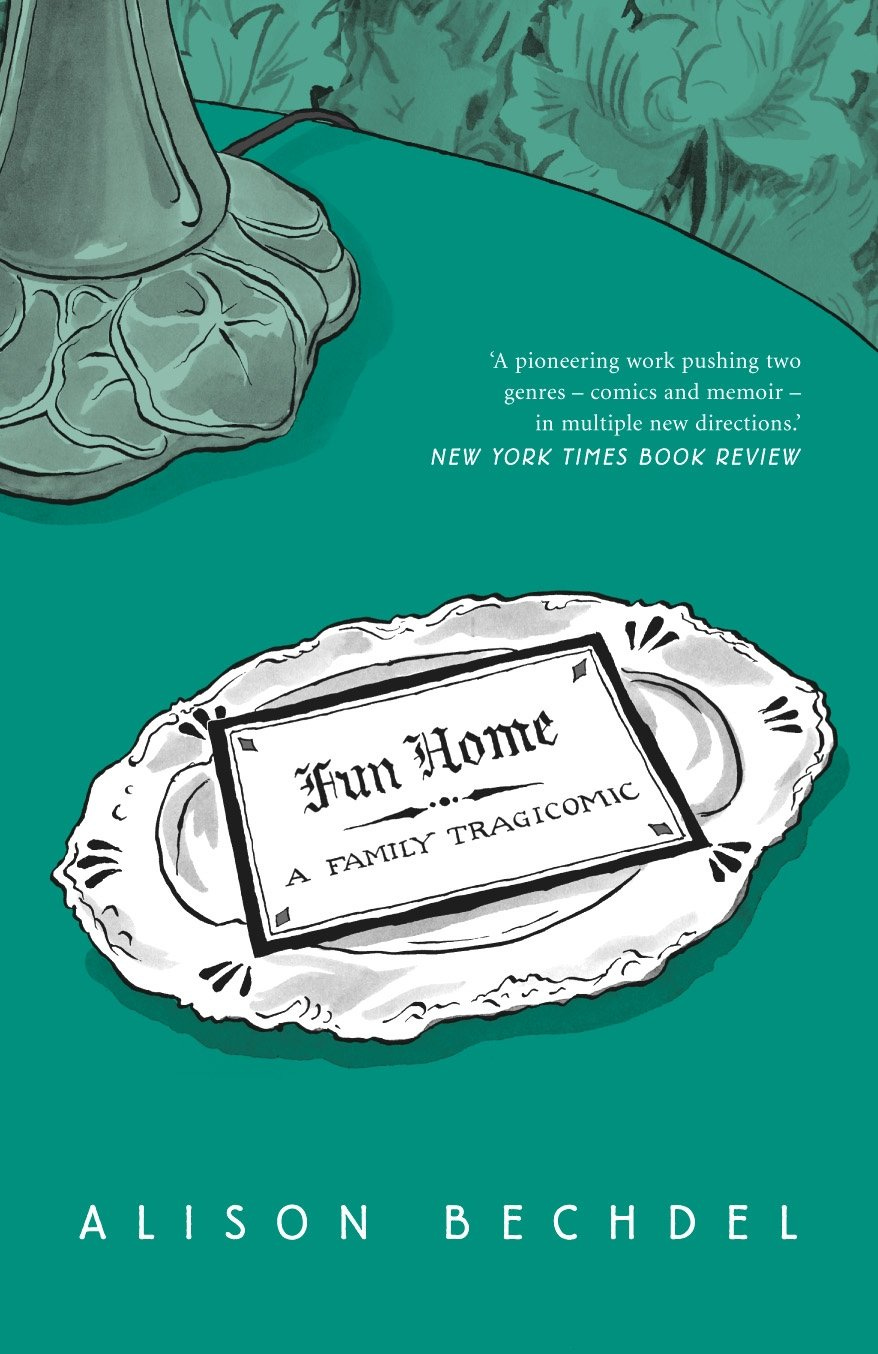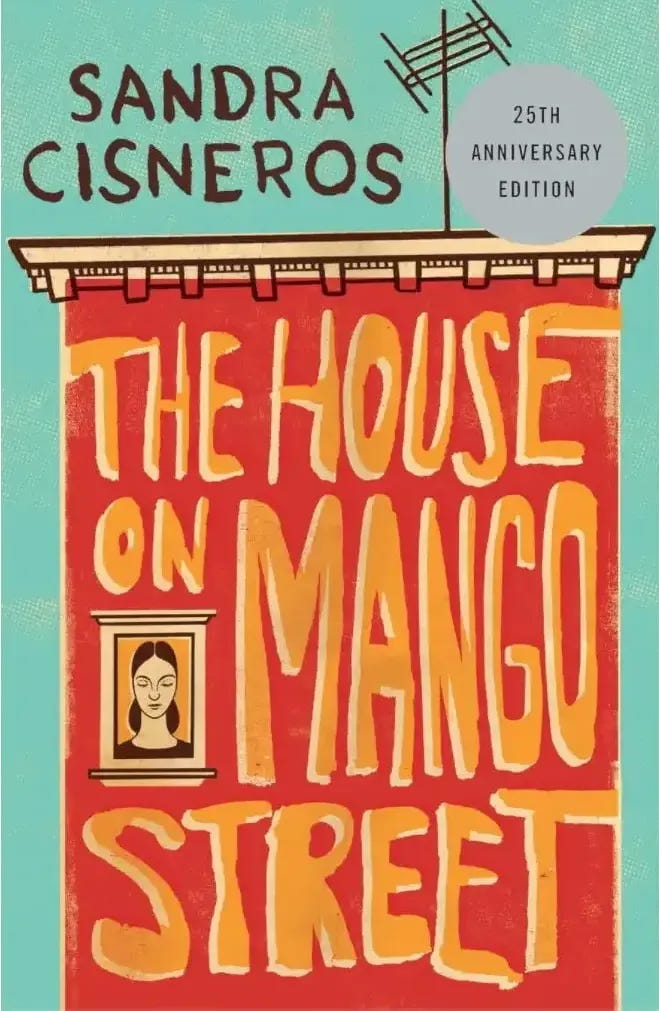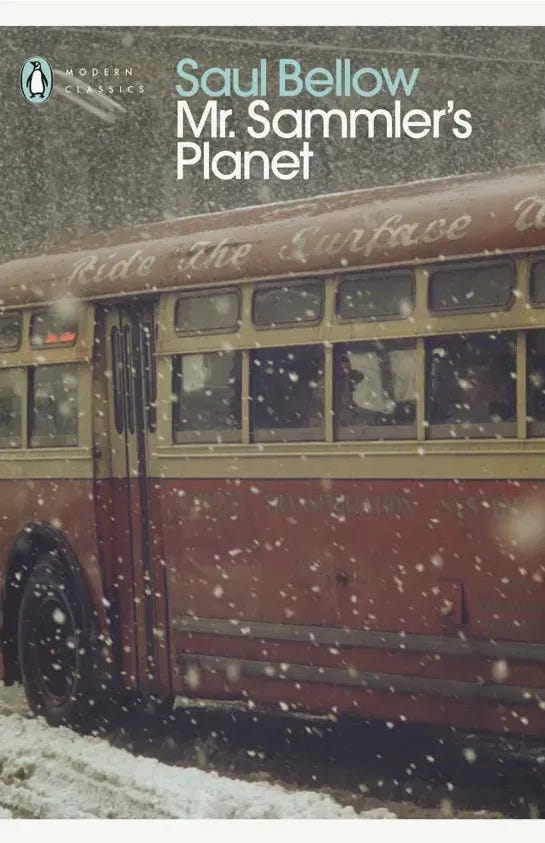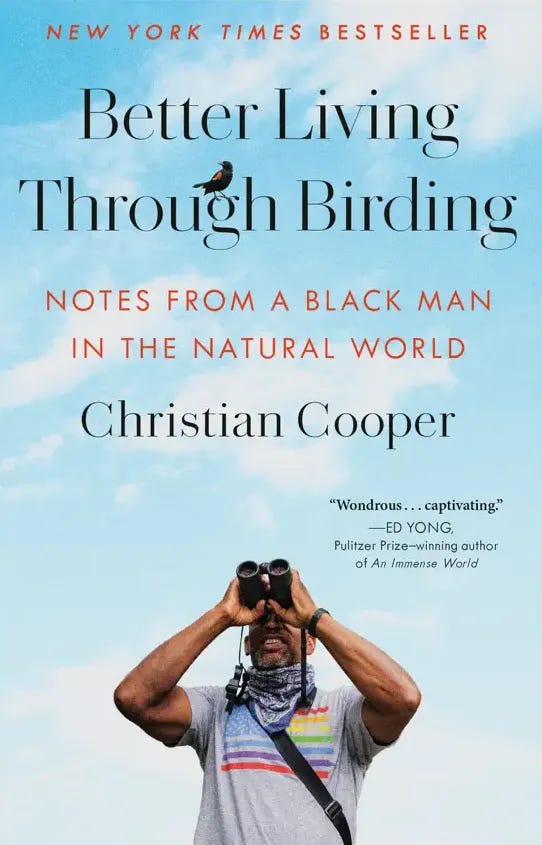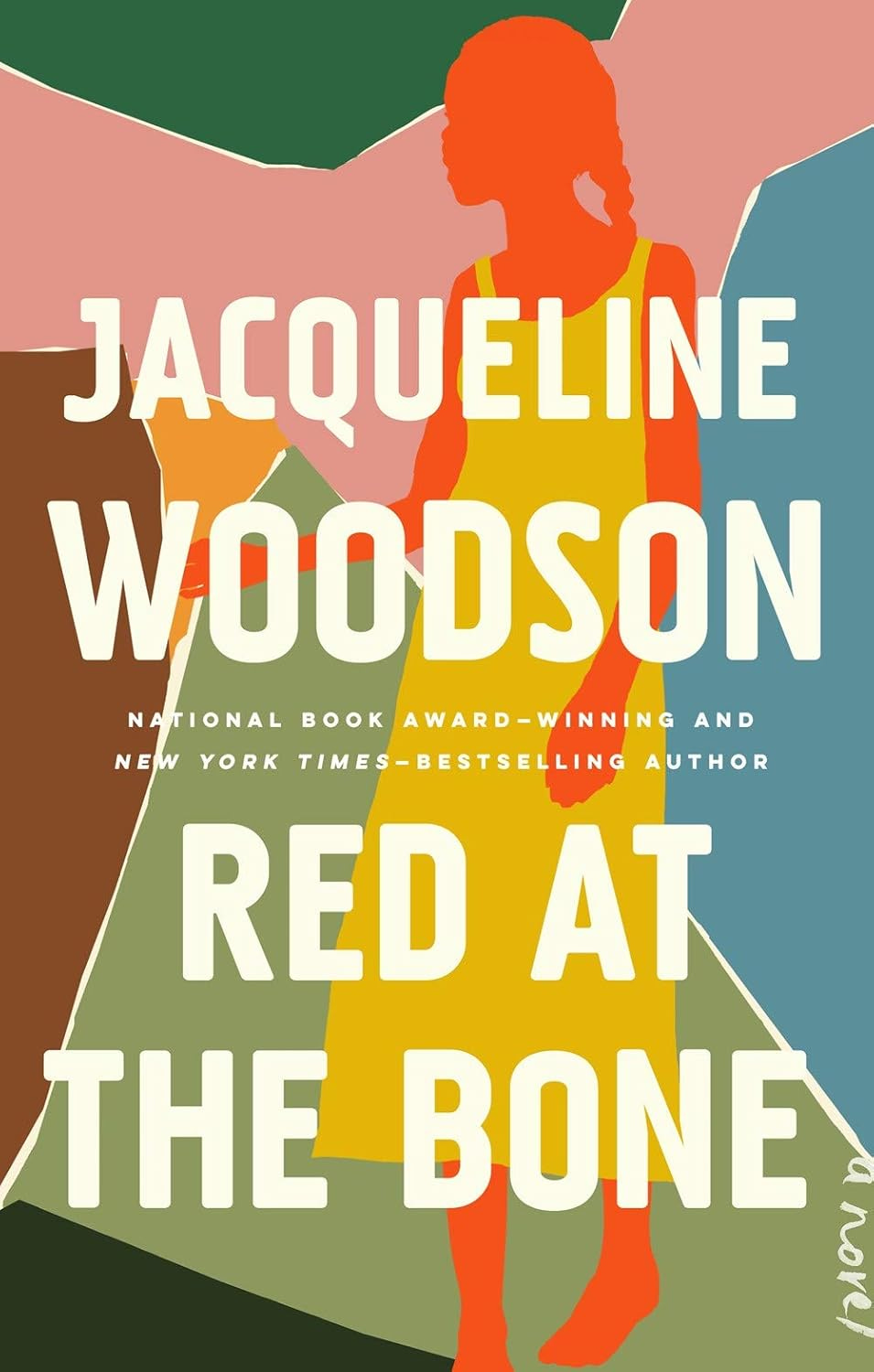Alex Tudela's Field Notes: 10 American Stories
An intimate list that offers a timely perspective on what it means to be American.
Alex Tudela is a senior editor at ICON America, launching later this month. He spent nearly a decade as a fashion editor at T: The New York Times Style Magazine and now leads fashion & partnerships at The RealReal. He lives in New York City.
by Alex Tudela
I’m currently helping to shape the launch of a new American men’s lifestyle magazine—one that’s asking real questions about identity, legacy, and what it means to live with intention. As we build something that pushes against narrow definitions of masculinity, I’ve found myself reflecting more broadly on American identity itself.
I studied American culture at Brown University, and lately, those themes—belonging, inheritance, reinvention, resistance—have started resurfacing in urgent new ways. Especially now, as certain cultural forces try to dictate who gets to claim “Americanness,” I find myself drawn to stories that complicate the narrative.
When my friend Renata asked me to put together a reading list, I realized many of the books that have stayed with me—some from my education, others more recent—do just that. They offer alternate maps of America: urban, queer, immigrant, intergenerational, intellectual, joyful, disillusioned, resistant.
This is not a list about masculinity per se. Nor does it attempt to define what it means to be American. It’s about perspective. And these books, together, have shaped mine. I hope they offer a messier, fuller, more human vision of American life.
The Death and Life of Great American Cities by Jane Jacobs
Jacobs taught me to look closely—at sidewalks, at neighbors, at the forces shaping our communities. I encountered this book in college, but its lessons feel even more urgent now. Her defense of organic urban life feels like a quiet rebellion against the top-down fantasies still gripping American politics and planning. mcnallyjackson.com
Tales of the City by Armistead Maupin
When I first read Maupin’s serialized stories, they felt like dispatches from a freer, queerer America. These tales offer a glimpse of chosen family, sexual awakening, and tenderness amid upheaval. What’s remarkable is how contemporary they still read, even though they began in the 1970s. That enduring relevance says something about how long we’ve been fighting for visibility—and joy. strandbooks.com
Drown by Junot Díaz
I remember reading these stories in college and feeling both exposed and seen. Díaz’s voice—raw, bilingual, intimate—spoke to the fault lines of masculinity and migration. These aren’t tales of easy assimilation, but of complicated inheritance. It taught me that American identity is often born in tension. mcnallyjackson.com
Rabbit, Run (and the Rabbit series) by John Updike
For whatever reason, I have first editions of the series sitting on my shelf. Updike writes masculinity in a way that’s both damning and seductive. Rabbit is infuriating, but he’s real– and his restlessness speaks to the hollowness of white, suburban, mid-century identity. The series is a kind of autopsy of the American Dream, one man’s dissatisfaction stretched across decades. strandbooks.com
The Marriage Plot by Jeffrey Eugenides
Set at Brown, where I studied, this novel complicates the intellectual ambitions of youth with the emotional weight of depression, class, and love. It made me confront the limitations of education itself—and what we hope books, relationships, or even belief systems can fix. mcnallyjackson.com
Fun Home by Alison Bechdel
Bechdel’s memoir is a revelation—both in its formal invention and its emotional clarity. Queer identity, intellectual inheritance, and familial distance are all woven into a story that’s precise and aching. It reminded me how graphic novels can be as serious as any essay, and how coming out is never one moment—it’s a lifelong process. strandbooks.com
The House on Mango Street by Sandra Cisneros
Told in a series of vignettes, Cisneros’s book captures the texture of a childhood shaped by gender, race, and class. It’s a novel about noticing—how a girl sees her neighborhood, her body, her voice beginning to take shape. The simplicity of the language holds immense power. This is a foundational text for anyone trying to understand how identity begins. mcnallyjackson.com
Mr. Sammler’s Planet by Saul Bellow
A book I wrestled with more than loved. And yet, Sammler’s ambivalence—his discomfort with modern life, his skepticism of progress—stuck with me. It’s a novel about aging, about memory, about bearing witness to the 20th century as it slips away. And in that way, it’s also about America. mcnallyjackson.com
Better Living Through Birding by Christian Cooper
This book has helped me stop, look up, and listen. Cooper’s reflections on race, queerness, and nature come through with such warmth and humility. His joy is quietly radical. In a time of constant noise, he reminds me that attention itself can be a form of resistance—and that wonder still has a place in American life. strandbooks.com
Red at the Bone by Jacqueline Woodson
Woodson’s novel is deeply layered but effortlessly readable. It traces the aftermath of a teenage pregnancy across generations of a Black Brooklyn family. What moves me most is the tenderness—how history lingers not just in trauma, but in gesture, in silence, in longing. It’s a novel about inheritance, and the lives shaped around what could have been. mcnallyjackson.com



